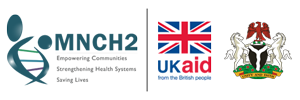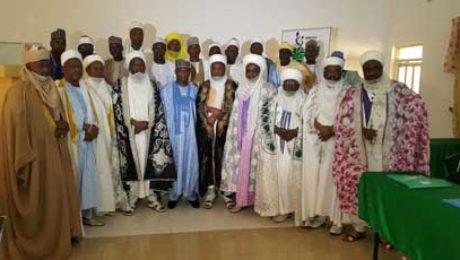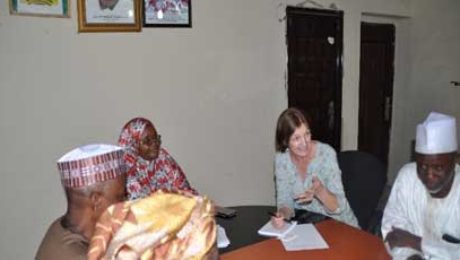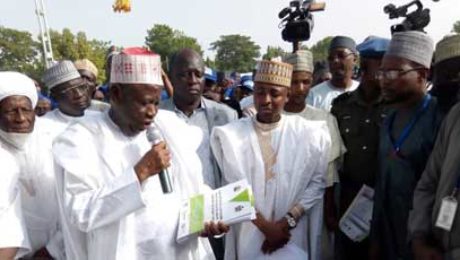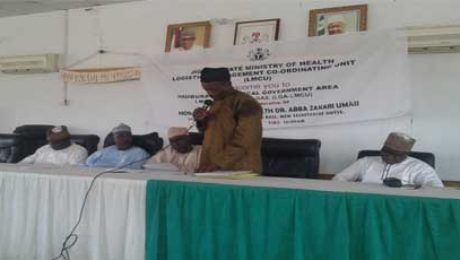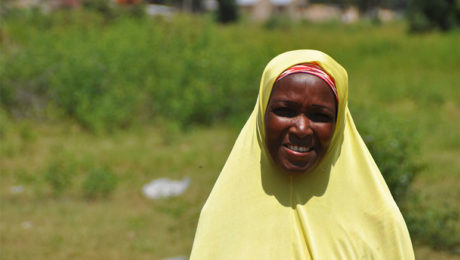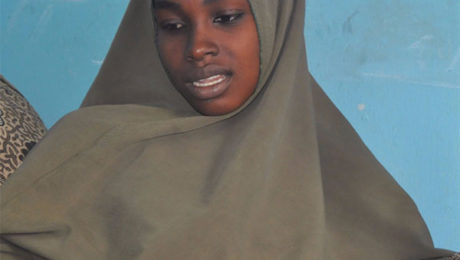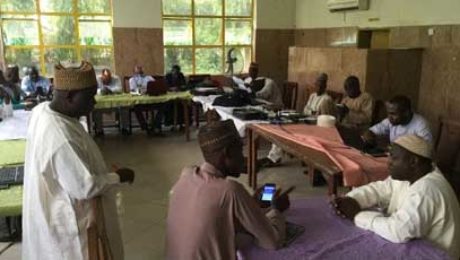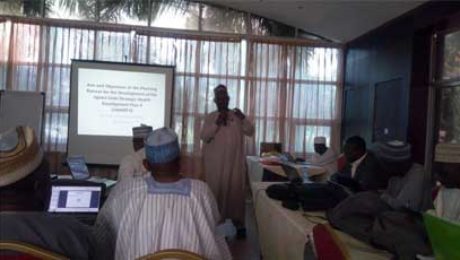In collaboration with the Federal Ministry of Health and Women for Health (W4H), MNCH2 supported the state to develop and harmonise the Zamfara State Health Strategic Development Plan II (ZSHSDP II) 2017-2021. The ZSHSDP11 was finalised on the 12th of October 2017. The 2018 State Annual Operational Plan for the health sector is linked with
MNCH2 supported the state to develop an official document (Essential Medicine List) that guides selection for procurement and prescription of medicine in state public health facilities. The document provides information on drug strength, dosage form and therapeutic indications to promote concept of providing clients with medication appropriate to their clinical needs in appropriate dosage forms
In collaboration with other stakeholders, MNCH2 advocated to the Governor of Kano State for the passage and assent of the Private Health Institutions Management Agency (PHIMA) law. PHIMA will serve as a State Government Agency to provide regulations, facilitate the establishment and ensure quality service provision by all private health institutions practicing in the State.
MNCH2 supported the establishment, inauguration and capacity building of 28 LMCU committees at the state and LGA levels. Before the intervention of MNCH2 alongside other partners, leading to the establishment of LMCU, drugs and commodities coming into the state were poorly managed because of weak Logistics and Supply Chain Management Systems in the state. The
For a woman in northeast Nigeria, peace is not enough November 25 marks the International Day for the Elimination of Violence against Women. According to UNFPA all forms of violence against women and girls increase during disasters and displacement. Sixty percent of all maternal deaths in the world happen in countries that have been affected
Most maternal and infant deaths occur in the hours, days and weeks after childbirth. Yet, this is the most neglected period for the provision of quality care. One key intervention to improve maternal health outcomes is to ensure that all women and their newborns have access to skilled care within 24 hours of delivery. Haemorrhage, for example,
The Federal Ministry of Health in collaboration with the National Health Insurance Scheme (NHIS) and MNCH2 organised a Health Financing Conference for stakeholders from MNCH2 supported States from 7th – 10th November 2016. The Stakeholders included the Legislatures, commissioners for Health, Planning, Budget, Finance and Executive of PHCMBs. Among the resolutions from the conference was
MNCH2 worked in partnership with the Drugs and Medical Consumables Supply Agency (DMCSA) in Kano state to build human resource capacity and to operationalise zonal stores to reduce the travel time to and create reliable supply and timely access to vital medical commodities. MNCH2 facilitated the installation of an electronic inventory management software system (mSupply)
MNCH2 initiated and supported a shift from the use of paper-based to electronic tools for monitoring quality of care across supported facilities. The MNCH2 quality of care tool (QoCAT) was deployed in the CommCare software app, 27 LGA Monitoring and Evaluation Officers were trained and supplied with Android phones with the application installed to facilitate
MNCH2 supported the Jigawa State Government to review and develop a 5-year strategic plan, which will serve as the roadmap for achieving Universal Health Coverage (UHC) in Jigawa State. The SSHDP development process included measurement of current performance of the state health sector, review of financial capacities in line with the state budget and development
